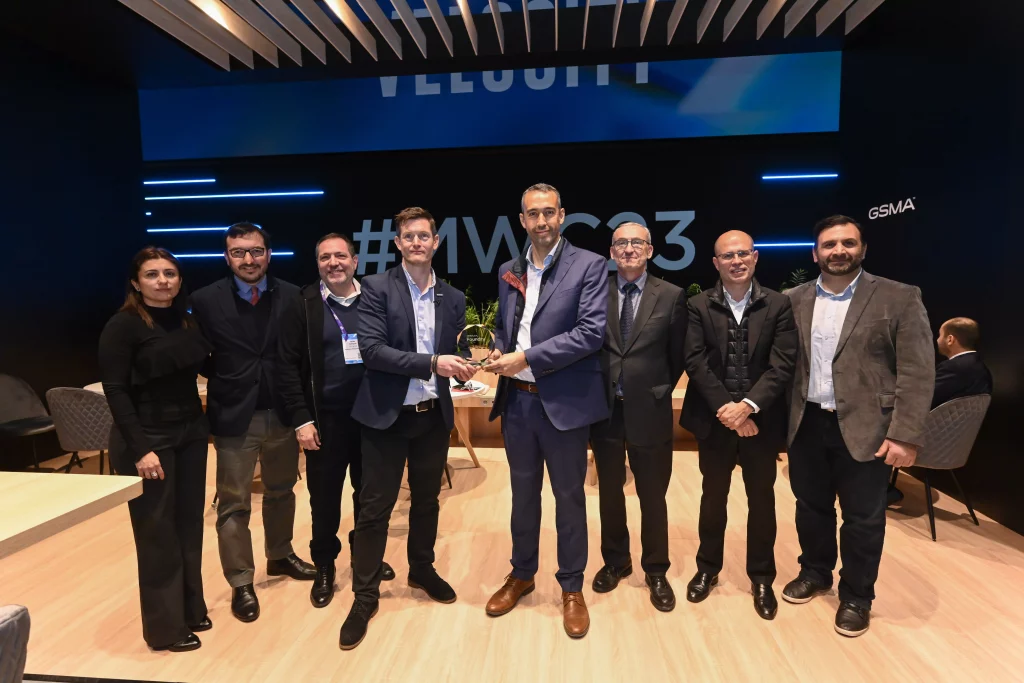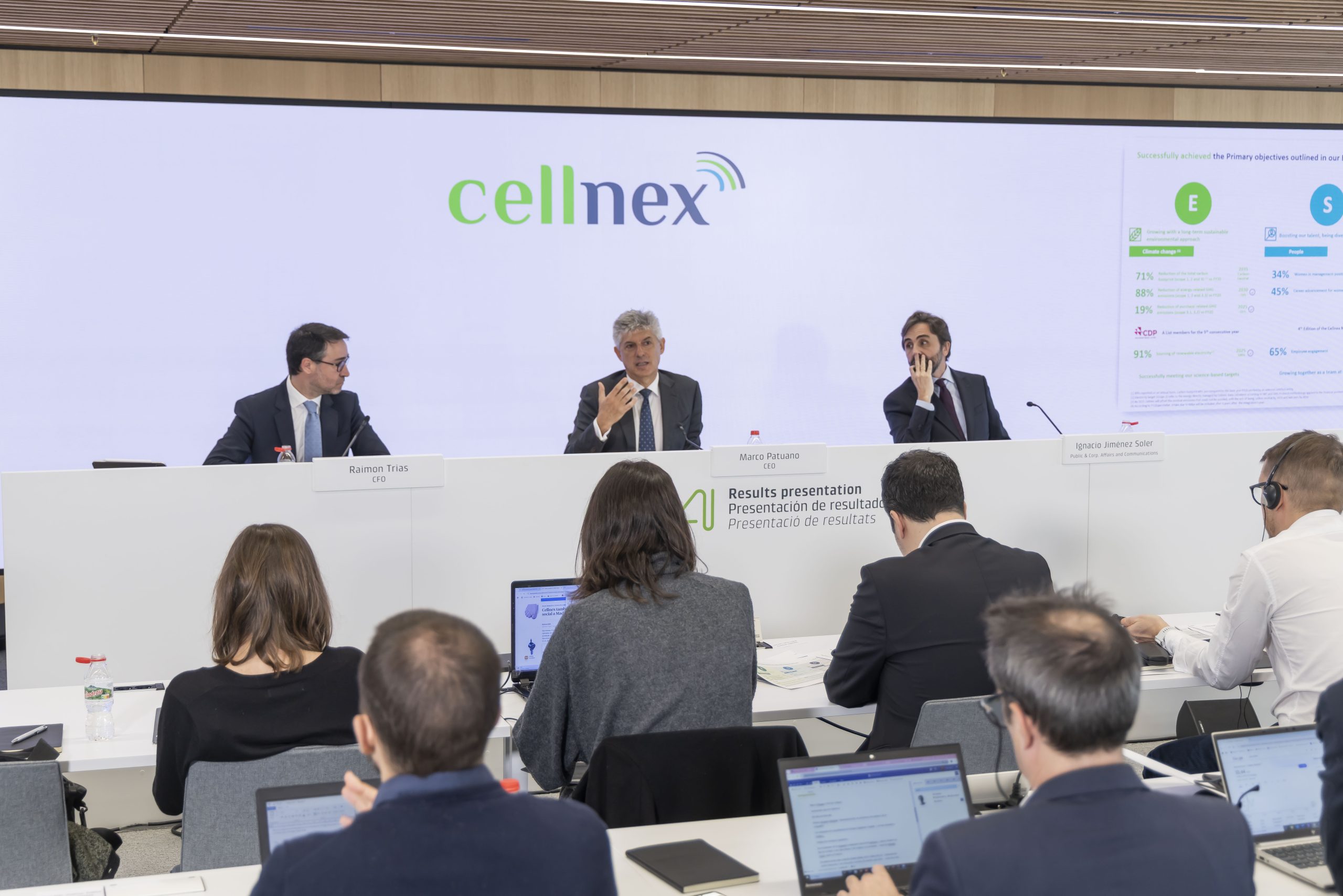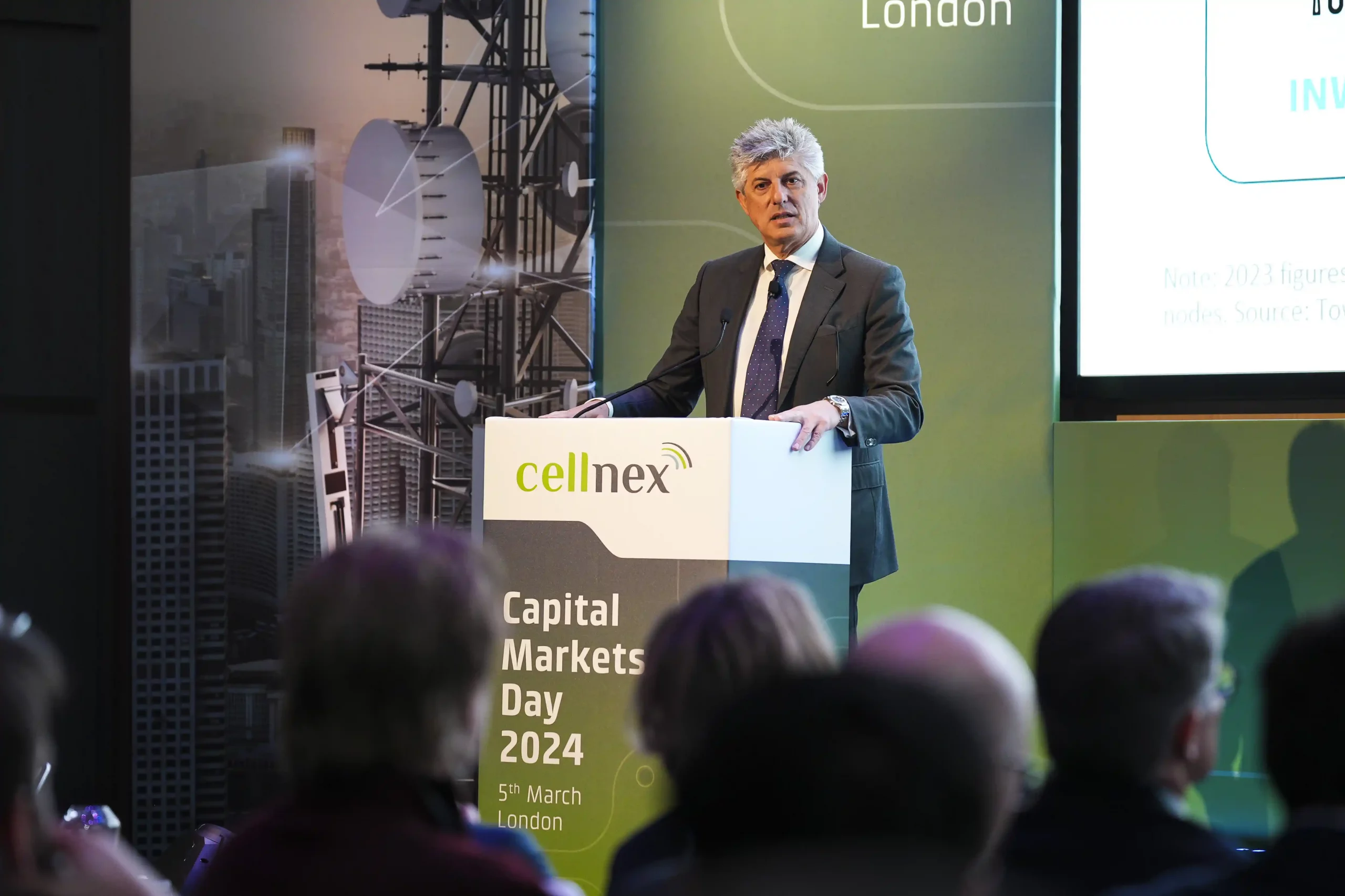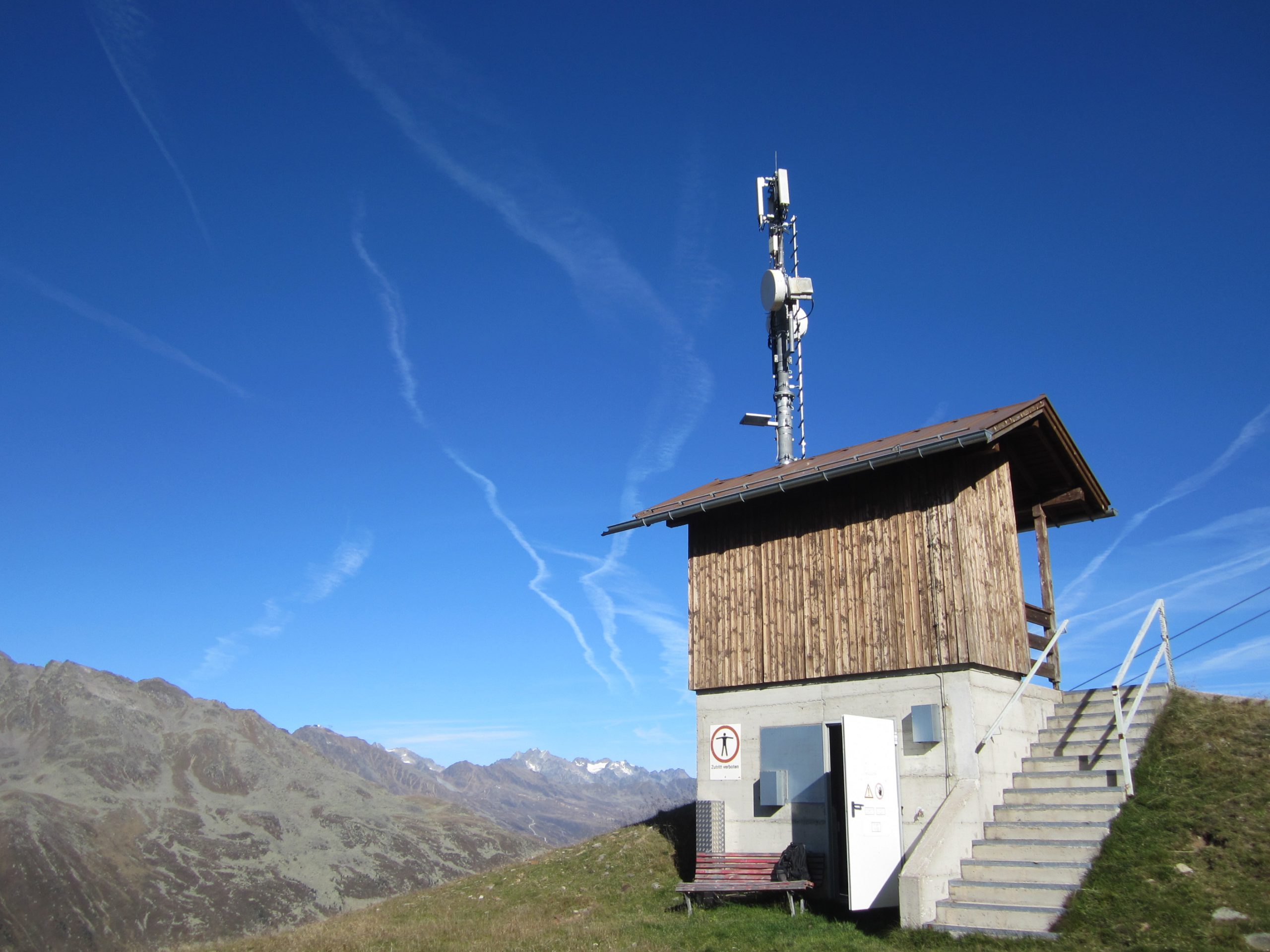Mediacenter

- 24 Feb 2023
- ·
- Technology
The 5G Catalonia project receives the GSMA Foundry Excellence Award
· Since it was set up, the consortium led by Cellnex and the MÁSMOVIL Group comprising Lenovo, nae, Nearby Computing, Parlem Telecom, Atos and Aumenta Solutions, has created seven use cases that have proven how useful the usefulness of this new technology.
· The 5G Catalonia project aims to develop innovative 5G-based solutions in sectors like education, industry and mobility that benefit citizens, public administrations and the private sector.
Barcelona, 24 February 2023. The 5G Catalonia project, launched in 2020 and led by Cellnex and the MASMOVIL Group, has been recognised at the Mobile World Congress with the prestigious GSMA Foundry Excellence Award 2023.
Both companies lead a consortium that includes Lenovo, nae, Nearby Computing, Parlem Telecom, Atos and Aumenta Solutions and aims to deploy 5G technology-based solutions throughout the Barcelona area to effect the digital transformation of the city and its metropolitan area for the benefit of citizens, public administrations and the private sector. The prize will be awarded on Monday, 27 February at 1.30 pm at the GSMA stand.
Richard Cockle, Head of the GSMA Foundry stated “I am very pleased that the 5G project in Catalonia has been recognised with the GSMA Foundry Excellence Award. This consortium has developed seven remarkable use cases that show the benefits of 5G technology in real life and how it can be used in everyday life. With this high-impact initiative they have shown outstanding innovation and achievement.”
José Antonio Aranda, President of the 5GCAT consortium and Globat Innovation Director at Cellnex, said: “This award is a great recognition of the work performed by a very diverse team of professionals who have managed to align their efforts towards the same objective – digitalising the city using 5G technology. I would like to thank the whole team for their dedication and these very successful results.”
“The work carried out in recent years to demonstrate how technology, and specifically 5G, facilitates and improves the daily lives of citizens, has been rewarded with this recognition from one of the most important mobile communications organisations. This is a source of pride for us and an example of the great work carried out by a team that is totally committed to offering the best connectivity services to our society” said José Jiménez, Director of Innovation of the MASMOVIL Group.
The usefulness of 5G is undisputed, which is clearly shown by the success of the use cases
Since it was set up, the consortium has successfully performed a total of seven use cases based on 5G technology related to urban mobility, education, distance shopping, the industrial sector, audiovisual transmission, security and emergency management in the urban environment, and connectivity in areas of high seasonal occupancy, such as coastal beaches.
Working together with Feria de Barcelona, they developed the 5G Autonomous Bus pilot, which provides sustainable mobility solutions in large closed spaces. This vehicle, which was driven and geolocated, made it possible to demonstrate the usefulness of 5G for safe autonomous driving thanks to the information collected, including ultra-low latency support; sending useful information quickly; and communication between moving devices.
In the education and training field, the consortium created a holographic support to facilitate the remote exchange of information. 5G made this interaction between the parties a reality and shows how another form of training is possible, even at a distance. This project will be shown in the GSMA pavilion during the Mobile World Congress.
Locals and visitors need to have all their needs covered, even in crowded areas. To this end, a 5G network was deployed through a multi-operator neutral network to efficiently and flexibly guarantee connectivity services.
Catalonia’s emergency services have also benefited from the application of this technology, since the 5G networks showed how critical situations can be prevented by facilitating rapid intervention of emergency teams, providing access to multiple sources of information and optimising and speeding up decision-making in critical situations.
Virtual shopping can become a reality, even in markets, thanks to 5G and artificial intelligence, which can recognise products, locate them and display additional information. The combination of both technologies made it possible to demonstrate how connected devices can make it possible to select the products to be bought in real time.
The audiovisual world can also harness the benefits of 5G technology. The pilot test performed jointly with Xarxa and betevé, among others, demonstrated how a multi-camera broadcast can be performed through a private 5G network.
The last pilot took place in the SEAT car plant in Martorell. The aim was to use 5G to monitor the electromechanical supports in charge of transporting the bodies of the vehicles through an electrified monorail (‘octopuses’), and avoid crashes or damage to the bodies. The critical point in this project is that it was performed in the furnace area, which is inaccessible and therefore impossible to check visually.
The 5G Catalonia consortium was one of the winners of the second call for funds to develop 5G pilots, launched at the end of 2019 by Red.es, an entity of the Ministry of Economic Affairs and Digital Transformation, within the 5G National Plan. EUR 5.4 million have been earmarked for the development of this project, 40% of which has been provided by Red.es.
About 5GCat
The 5G Catalonia project was one of the winners of the second call for funds to develop 5G pilots launched at the end of 2019 by Red.es —an entity of the Ministry of Economic Affairs and Digital Transformation— within the National 5G Plan. The initiative is co-financed by the European Regional Development Fund (ERDF).
5G Catalonia is developed by a consortium of eight companies led by Cellnex Telecom and the Masmovil Group, along with Catalan operator Parlem Telecom, Aumenta Solutions, a company specialised in augmented reality for industry, engineering company Atos, Nae consultancy, technology company Lenovo and the Nearby Computing start-up, a spin-off of Barcelona Supercomputing Center. The project also enjoys the support of the Mobile World Capital Barcelona Foundation.
The project consists of seven use cases aimed at developing solutions based on 5G technology for urban environments, specifically in mobility, remote education, the industrial sector, remote procurement, audiovisual transmission, management of security and emergencies and connectivity in areas with high seasonal occupancy
The execution of these seven use cases aims to foster digital transformation in different areas of people’s lives, helping to consolidate the implementation of a technological ecosystem that will most certainly act as a lever for development both at the social and economic level.































